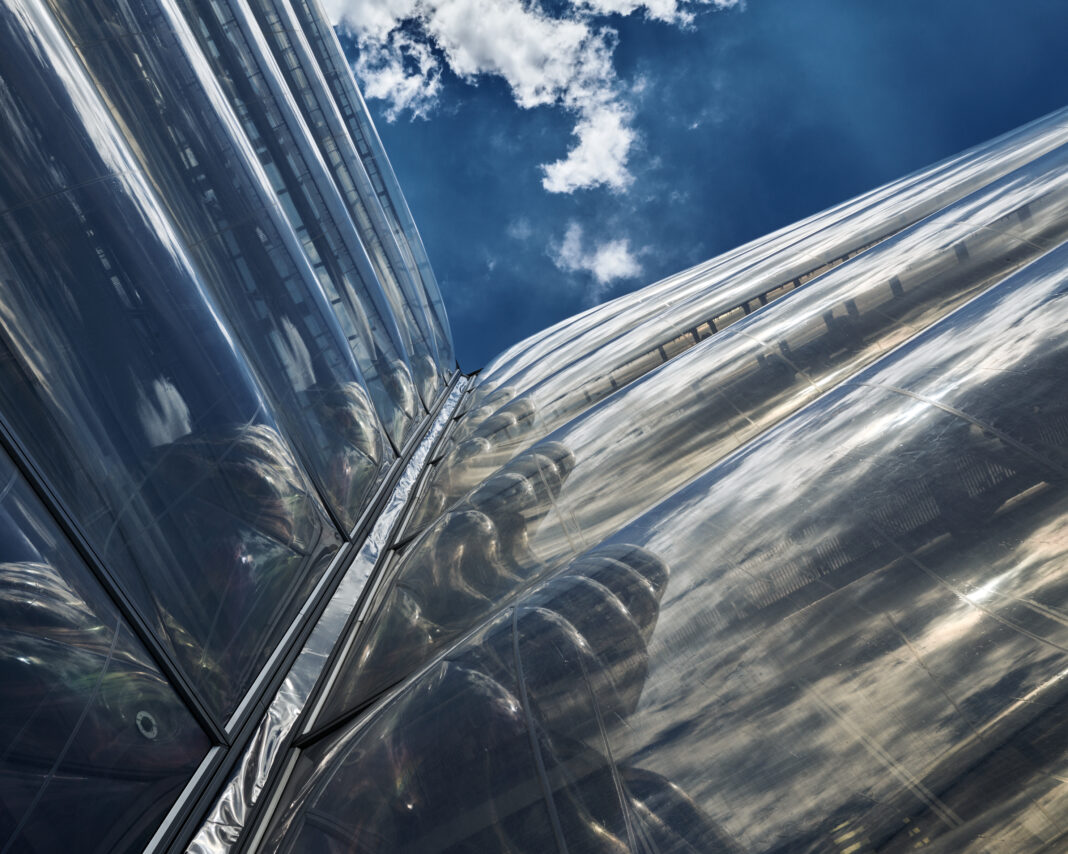CIIRC CTU is celebrating its 10th Anniversary, which was a convenient time to inteview one of the institute’s founders, its first Director, now Scientific Director, prof. Vladimír Mařík.
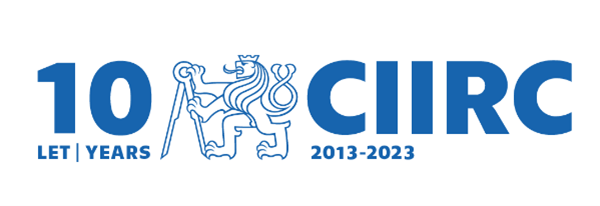
CIIRC CTU has existed for 10 years now. That is, compared to the oldest technical universities or scientific research itself, quite a short period. However, the first decade could be evaluated based on achieving the set goals. Can you tell me what the objectives of the new institute were in 2013 and whether and how they were met?
The aim of building the Czech Institute of Informatics, Robotics and Cybernetics was mainly to combine excellence and quality of research with the usefulness of research results and their applicability in practice. Our goal was to build an institute with a more-than-critical mass of researchers with a corresponding reputation in Europe that would be visible on the European research map. Last but not least, we wanted to become an incubator for PhD students with the focus to quality of education. These goals were already achieved in 2021 including the fact that there are three hundred researchers and PhD students involved in research.
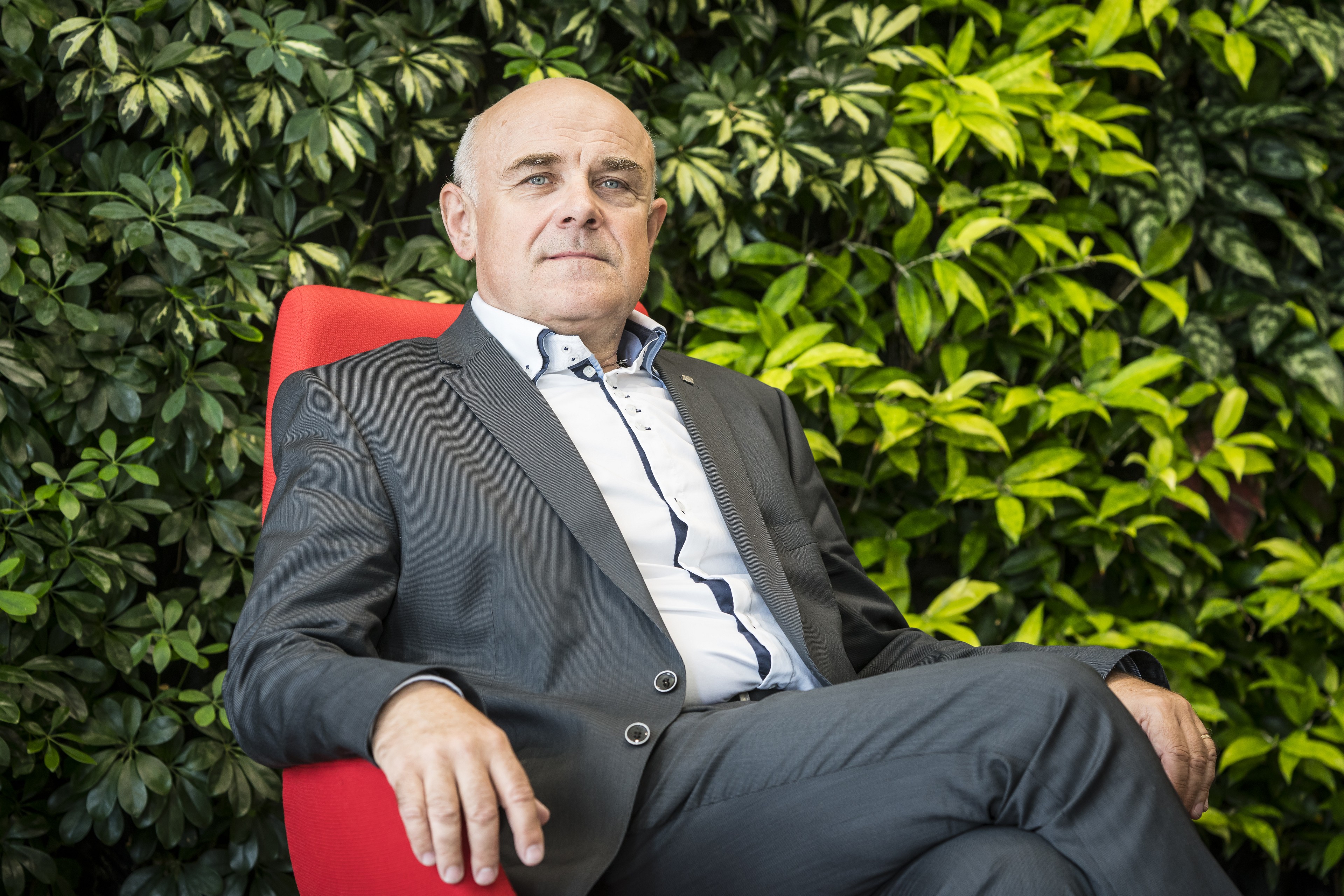
One of the milestones was to build a new seat of the institute – modern university building within Dejvice Campus. The building cost more than one billion Czech crowns. How do you look back on the speedy construction, and how is the building now used?
The new building was constructed between 2014 and 2017. The construction was completed with only a slight delay. What we appreciate most is that the building was completed without any additional increase in funding, but in the desired quality. And what is even more important? After several inspections, whether by the Supreme Audit Office or the Ministry of Education, not a single defect was found in the entire construction process and its financing. Today, the building serves not only us, but also the Rector’s Office, Faculty of Electrical Engineering, and several others. It is not only an architectural landmark, but also an important hub of the modern Dejvice Campus.

CIIRC CTU has been tied to Industry 4.0 since its inception. How has the meaning of the term evolved and has it proven its relevance? What is the future of Industry 4.0?
CIIRC CTU has been associated with Industry 4.0 from the very beginning. First of all, I would like to say that the Industry 4.0 concept for the Czech Republic was prepared in parallel with the construction of the building in 2014 – 2016. The Czech Industry 4.0 concept turned out to be broader than the original German Industrie 4.0, because it included what we now take for granted, such as its social impacts. It included not only changes in industrial production, but also in transport, healthcare, and in the life of the whole society. So, we are not just talking about Industry 4.0, but about Society 4.0, and I think CIIRC has contributed substantially to this.
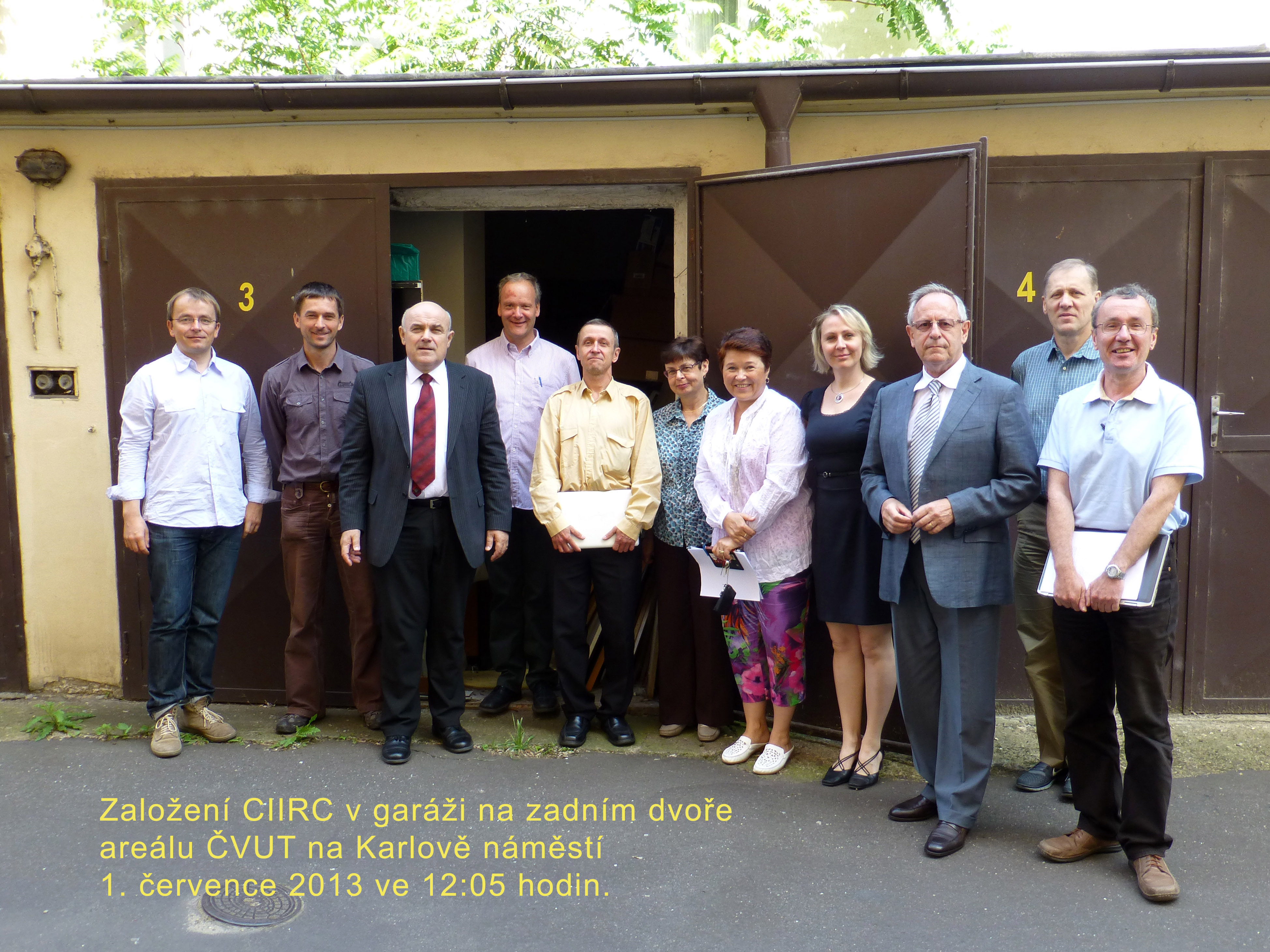
Of course, the concept of Industry 4.0 is evolving, it has been eight years since the publication of the Industry 4.0 Initiative in the Czech Republic. Several means of production are changing significantly, for example there is 3D print available now and the 5G networks allow much faster and more efficient communication. There are also new trends in virtual and augmented reality. All of those means are becoming more and more massively involved in Industry 4.0 and its continuation and expansion.
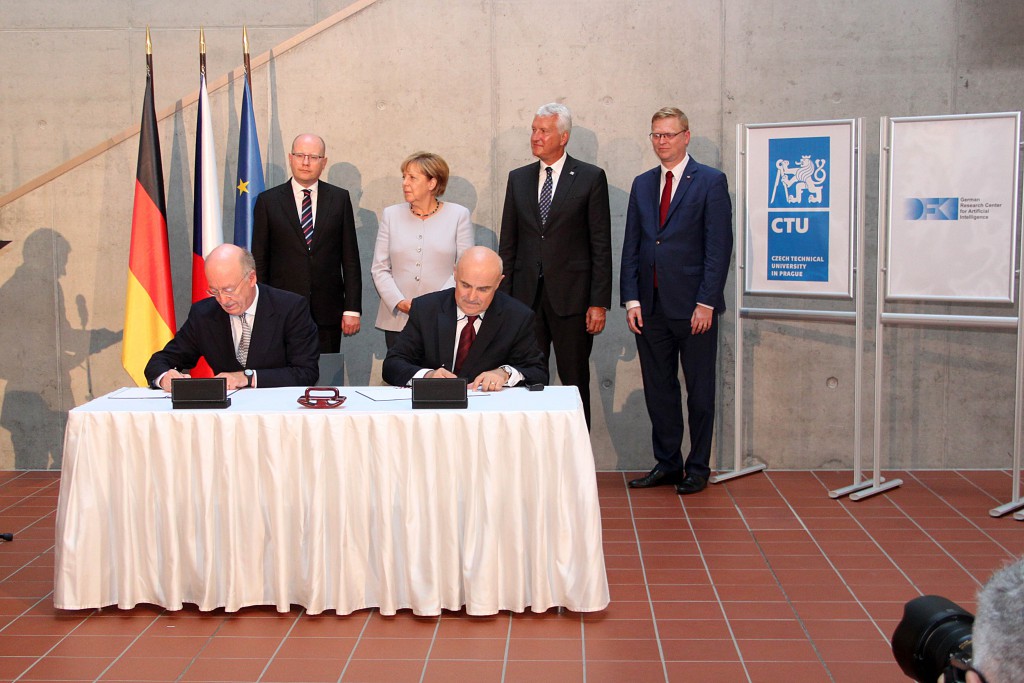
We still have a lot to do within Industry 4.0, at least more than 10 years to go, before we can say that a part of the industry in the Czech Republic is acting according to the 4.0 principles. But the vision is clear. I think that this decade will be marked above all by efforts to involve artificial intelligence, to humanise interaction between production equipment and people, and to introduce robots capable of working in teams. I believe that these social aspects will play a major role in judging the effectiveness of Industry 4 0 in the near future.
What about the institute? What are the strategic goals for the next decade?
In 10 years‘ time, I would like to see the Institute an even stronger body with a European, perhaps global, reputation. But also as an Institute that has made a significant contribution to the transformation of Czech industry and society in the next 10 years, which will be a very difficult period for our country. I would like us to become respected not only abroad, but also in the Czech Republic, so that our professional and other opinions are relevant for society and the government.
We would like to further develop the Institute towards a systematic doctoral education within our own PhD program. In cooperation with top European universities, we would like to complete the concept of an industrial doctorate to meet the requirements of modern times and to meet the demands that industry will place on us in 10 years‘ time.
CIIRC CTU has major 4 pillars – Industry, Energy, Healthy Society and Smart Cities and above all, Artificial Intelligence. How can CIIRC CTU contribute to the future world? How can it help towards decarbonisation and greener technologies, sustainability, and resilience?
We are already contributing! For example, Prof. Škoda’s research group is developing Teplator, a carbon free solution for heating. There are two research groups of power engineers proposing a completely new approach to power system management. There is a group looking at resilience of cities and its basic infrastructure, based on agent-based systems from the field of artificial intelligence. So, we are already moving in that direction today and we would like to support it further. What needs to be done is to strengthen the field of biomedical research in the Institute for the benefit of health, people, effective treatment, and diagnostics. And we will pay particular attention to this.
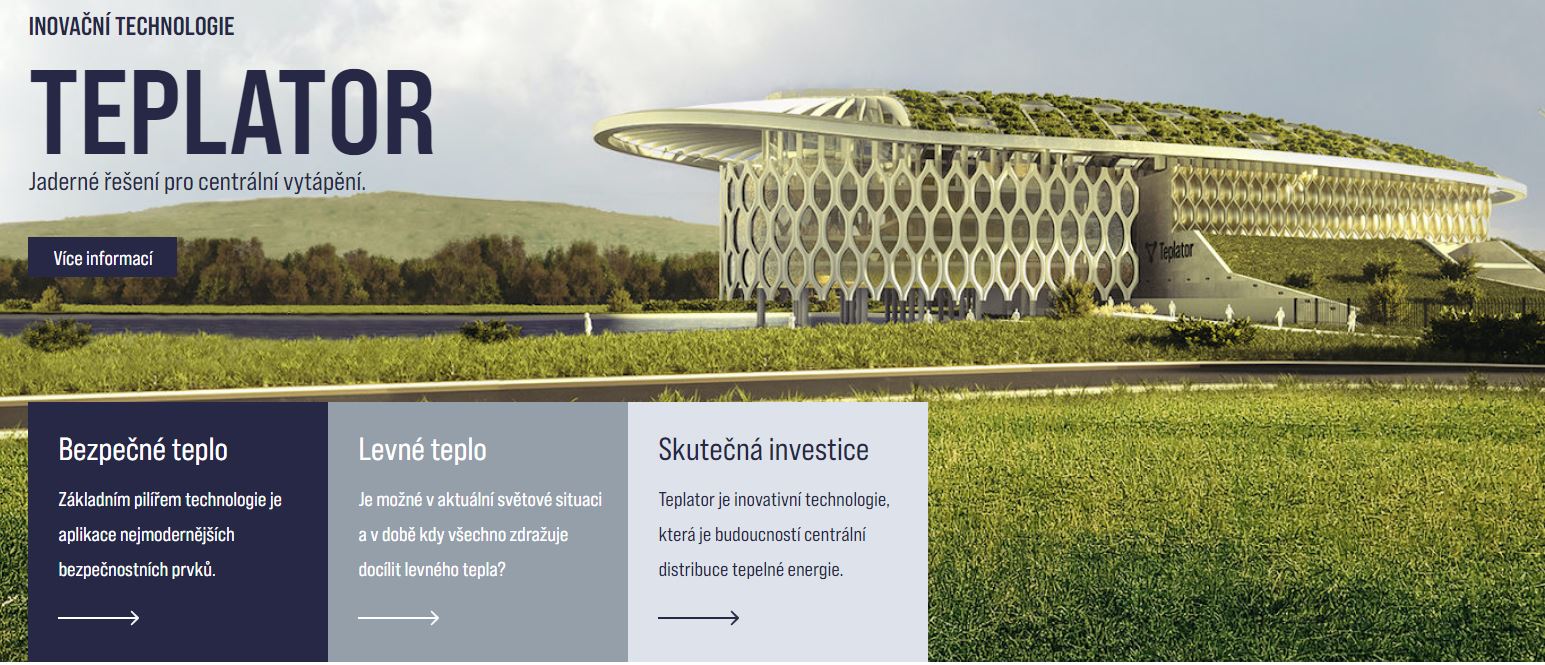
What is it that makes a research institute truly excellent in terms of people, lab equipment, state support, management? What is still missing here in the Czech Republic? How do you persuade the top people to conduct their research in the Czech Republic?
People do represent the fundament of the Institute’s success. The experts who have the courage to bring visions are the most important. And not only to bring them, but also to make those visions a reality. These top researchers, our department heads and others are leading the Institute towards excellence. Because they are comparing their results, and this is the only right and possible way, with the top results in the world. CIIRC is not doing badly in this comparison, and I believe this will be a motivation for others and for the next years of CIIRC’s development. There is already something to show, be it the results of Josef Šivic, Jan Šedivý, Tomáš Pajdla, Josef Urban, Tomáš Vyhlídal, Petr Kolář and many others.
We have been able to attract a number of excellent research staff members who are provided with space for truly free research unencumbered by bureaucracy, and top laboratory equipment. The management of the institute and of CTU values them and expresses full support for them. These people have been followed by young international teams who continue this mission and carry out the vision of long-term excellence in the Czech Republic.
To answer the mid part of your question and what is connected with what I’ve just said: what the Czech Republic lacks above all is the support for that which strives for excellence, and which goes beyond the grey. The Czech Republic lacks in international comparison.
CIIRC CTU has been recognized as top valued institution within Czech Technical University (According to the Methodology 2017+) and it is a part of the highly evaluated international projects. Who are the key people you’d like to mention in terms of the inspiration for the institute / active supporters without whom the institute would not be the same?
The Institute has managed to establish itself from scratch as an institution respected in Europe thanks to the number of people who took this idea as their own and decided to implement it with their own hands, or to be more precise, with their heads. Now I shall name a large number of people, in various categories. Some of them were present at birth and have devoted a chunk of their lives and professional careers to this institute. For example, Václav Hlaváč, Zdeněk Hanzálek, Vladimír Kučera, Michael Valášek, Tomáš Pajdla, Olga Štěpánková, Lenka Lhotská, Libor Přeučil, Jan Šedivý, and others. Other category include those who left attractive positions abroad and came to CIIRC such as Josef Šivic, Josef Urban, Robert Babuška, Tomáš Mikolov, Mikoláš Janota. They have brought a new atmosphere, visions and projects and are moving CIIRC forward.
Others have found their refuge at CIIRC and are developing their own teams here. I would like to mention Radek Škoda, Miroslav Svítek, Petr Bouchner and Tomáš Vyhlídal. And I cannot forget those who we have already been incubated here – Pavel Burget, Petr Kadera or Ondřej Mamula. There have been several new centres built and supported by efficient managers, let us mention Tilman Becker (RICAIP Centre), Jaroslav Lískovec (National Centre for Industry 4.0) and Michal Postránecký (Centre of the City of the Future). Last but not least, the departments that make up the image of CIIRC and are the integral parts of its success: the project management department, founded by Vít Dočkal, now headed by Petr Šamánek, with the support of Petra Mikešová and Eva Troppová from the very beginning, they are behind the success of many projects. This also includes the Communications Department, which helps to raise the profile of the institute, and to speak to the community. Alena Nováková and Eva Doležalová should be mentioned here. It’s not possible to list all who deserve our appreciation.
CIIRC has also been supported by people from the outside – for example by Jiří Wiedermann from the Czech Academy of Sciences, who stood behind CIIRC from the very beginning. We perceive great support in partner universities – VSB TU of Ostrava, namely Václav Snášel; experts from Brno University of Technology supported the existence of CIIRC in the most difficult moments – Radim Vrba and Pavel Václavek, further on Emil Pelikán (Czech Academy of Sciences) and Josef Psutka (University of West Bohemia) I should also thank for the support and understanding of members of several Czech governments led by prime ministers Mirek Topolánek, Bohuslav Sobotka and Andrej Babiš. I would like to explicitly mention Miroslava Kopicová and Karel Havlíček here.
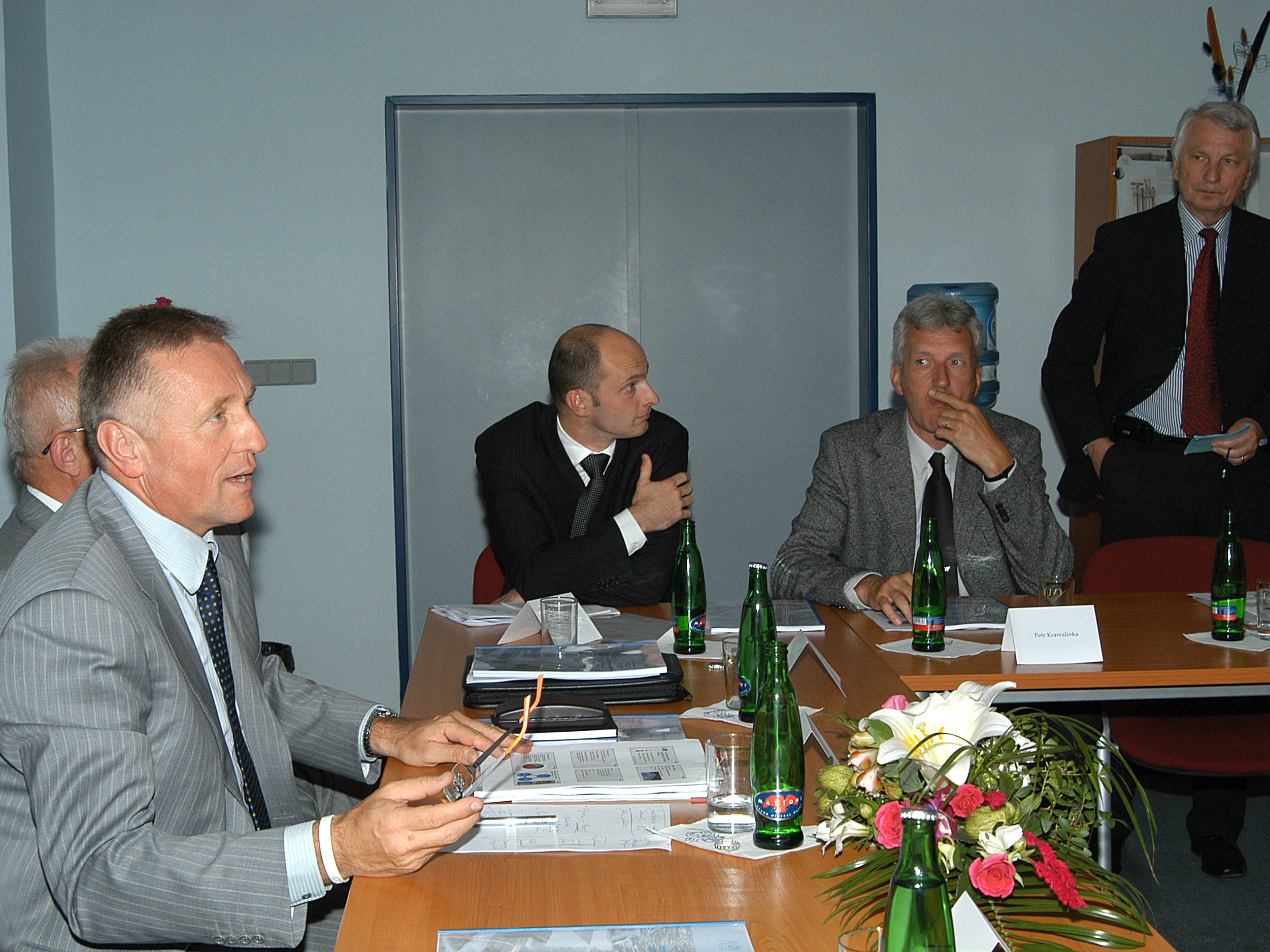
That was my last question. Is there anything else you would like to add?
I would like to say one thing in conclusion. I consider the most important thing we have to share with the whole research community: It is possible to build a workplace of European significance in Czech conditions if people are sufficiently motivated and they are given free space for heir activities. People’s motivation is crucial.
Text: Alena Nováková
Photos: J. Ryszawý, ČVUT; P. Neugebauer, FEL ČVUT; R. Sejkot, CIIRC ČVUT, archiv CIIRC


